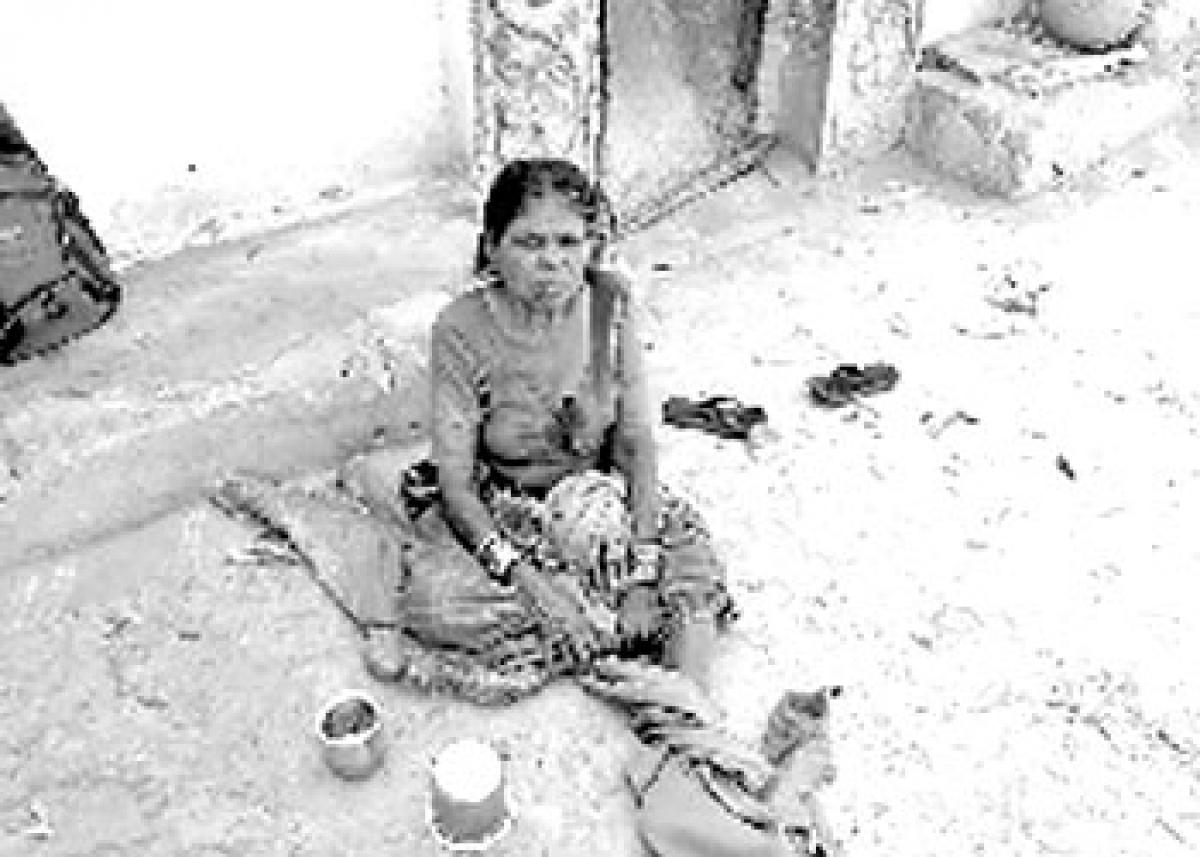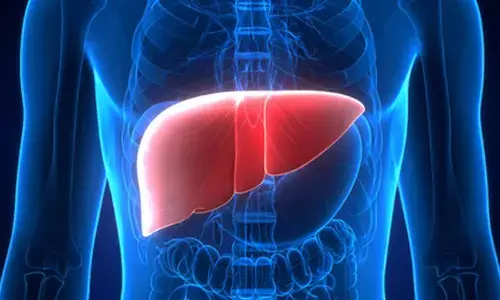Govt blinks at relocated Joginis’ plight

Joginis, who is also known as Devadasis and Yerupulollu and subjects of a dogmatic practice of the religion, are still struggling to join the mainstream thanks to the ineffectiveness of half-baked government schemes.
** Jogini system still continues in several villages in Telangana
** Rescued Joginis are still struggling to build their lives
Sangareddy: Joginis, who is also known as Devadasis and Yerupulollu and subjects of a dogmatic practice of the religion, are still struggling to join the mainstream thanks to the ineffectiveness of half-baked government schemes. The rescued families of Joginis in Medak district are finding it difficult to blend in the society and still need a lot more support from the government.
Jogini or Devadasi system has been there in Telangana, AP and other parts of South India for centuries. It has turned many young girls from the SC community into the wives of village deities, who were sexually exploited in the name of a tradition. Once the practice was outlawed by A.P. Devadasis (Prohibition of Dedication) Act in 1988, some steps were taken to rehabilitate them. When DR Garg was the district Collector of Medak in the early 90s, about 32 Jogini families from across Medak district were rescued. Among them were many young girls under the age of 16. The district administration got houses constructed for them in Sangareddy, naming it Navodaya Colony. The resettled Joginis were also given basic training in tailoring.
However, the half-baked efforts of the government could not produce the desired results. The women and their families are still struggling to survive and join the mainstream. Back then, some women were offered jobs as cooks at a social welfare hostel in Isnapur. After working there for several years, they had to quit their jobs thanks to the decision of then Chandrababu Naidu’s government, which had cut their already nominal salaries by 50 per cent. The women continued to work as domestic workers and some others have been working as daily-wage labourers.
Some families sold-off their houses to pay the dowry for their daughters’ marriages and some to meet their medical needs. Many of them went back to their villages. Finally, only eight families managed to survive the hardships. They continue to live in the colony where their match-box type houses with cracked walls. The colony has neither roads nor a drainage system, though the adjacent colony has this infrastructure with multistoried buildings.
Most of the original Joginis had either died or had relocated back to their villages. The ones living in the colony are their children who were rescued along with their mothers. The women and their children still face the stigma associated with the Jogini tag their families hold. People refer this locality not as Navodaya colony, but Jogini colony. They face discrimination not only in their neighbourhood but also in government offices. Speaking to The Hans India, Yadamma, one of the resettled women said her daughter-in-law Mounika (21) is five-months pregnant, but no Anganwadi or Asha worker visited their family to offer medical help or advice.
Unfortunately, in many villages, the Jogini system still exists and it can be seen in Jataras (melas), during festivals like Bonalu and Bathukamma and on other religious events. Joginis still exist and the ‘tali-kattu’ dedication ceremonies are still performed in utmost secrecy with the villagers completely shutting down the entire village, guarding its perimeters and not allowing anybody from within the village to go out or any outsider to get in during the banned ceremony. It is called Ooru-Kattadi. According to the Social Welfare Commission of erstwhile Andhra Pradesh, the total number of Joginis in Telangana and Andhra Pradesh are 24, 273 (18,527 in Telangana and 1145 in Medak alone). However, a one-man commission headed by Justice Raghunath Rao, appointed by the then Chief Minister Kiran Kumar Reddy, found that the number could be much more than 80,000.
“The need of the hour is not only to prevent the evil system but also to ensure assured alternate livelihood for the Joginis through continuous monitoring and follow-up and to assure them proper healthcare through health cards,” suggested Jhansi, President, Progressive Organization of Women, Telangana.














![RBTV77 APK v3.0 Official: The Ultimate Live Sports & HD Streaming Guide [2026] RBTV77 APK v3.0 Official: The Ultimate Live Sports & HD Streaming Guide [2026]](https://assets.thehansindia.com/h-upload/2026/01/16/500x300_1617864-tv.webp)